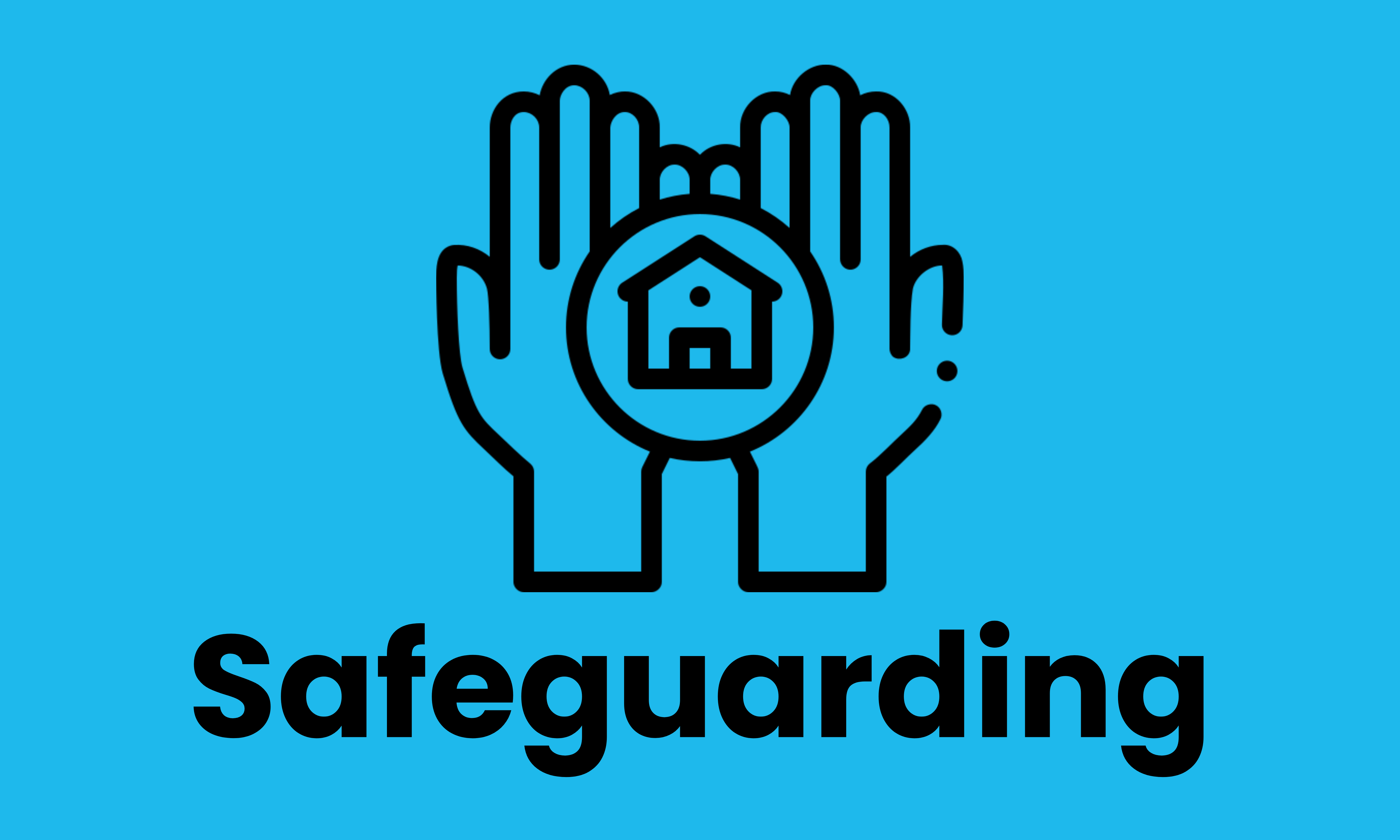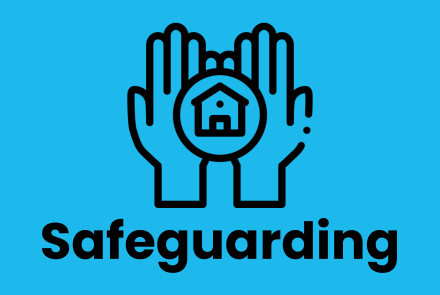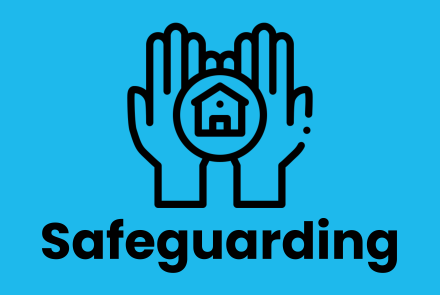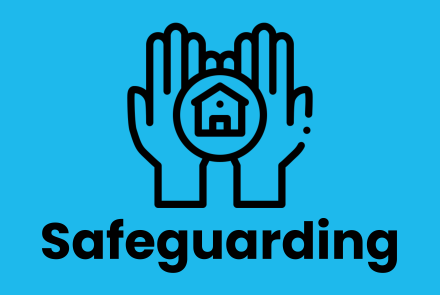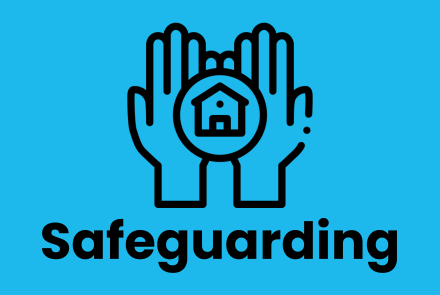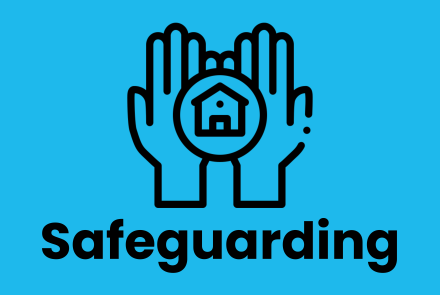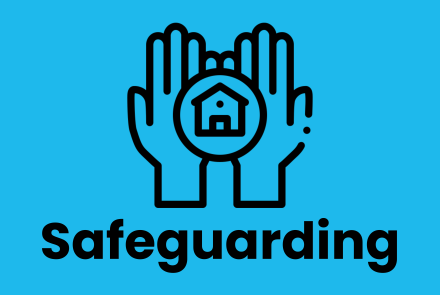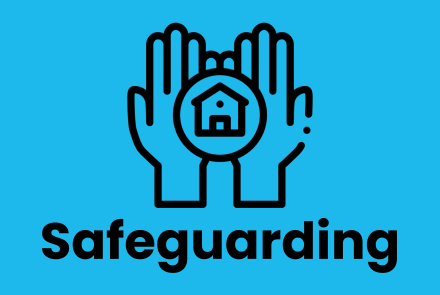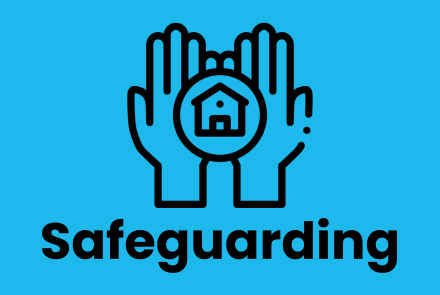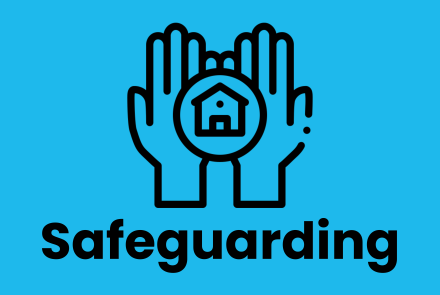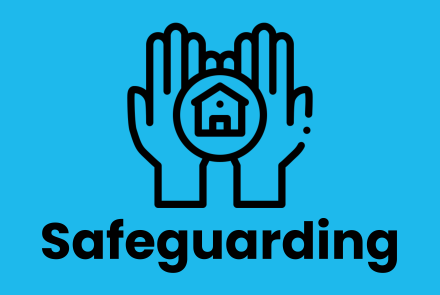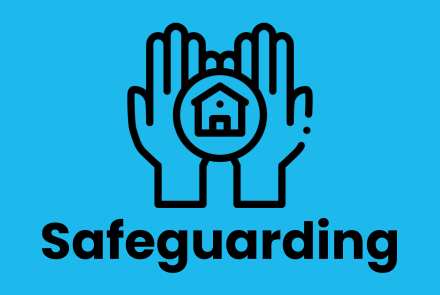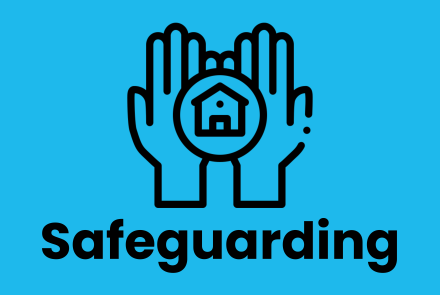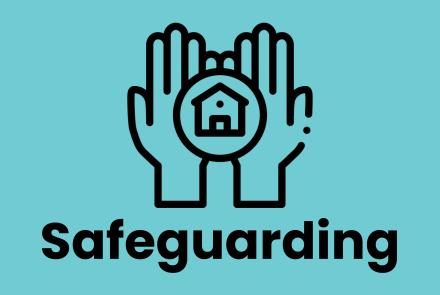Safeguarding Bulletin – July 2025
Welcome to the latest safeguarding bulletin, packed with relevant, engaging and interesting information. If you have any questions or wish to share a concern, please do not hesitate to contact the Safeguarding team:
Allison Collis Designated Safeguarding Lead 07741 743 618
Janine Ridley Deputy safeguarding lead and Pastoral support 07771 672491
Safeguarding is everyone's responsibility
Warning
For some people, the information within this bulletin maybe difficult to read and may result in emotions, memories or experiences which are hard to manage. If at any point, for any reason, you find reading this difficult, please do speak to someone you trust. That maybe your tutor, your manager, or a member of the safeguarding team.
WANTED! Your team needs you!
 We’re setting up 2 groups (a learner group and an employee group) to help shape a more inclusive environment for everyone and we’d love for you to be part of it!
We’re setting up 2 groups (a learner group and an employee group) to help shape a more inclusive environment for everyone and we’d love for you to be part of it!
We especially encourage those who identify with protected characteristics to get involved (that’s everyone!). Your voice matters — and together, we can make a real difference.
Everyone is welcome!
Email: Allisoncollis@woodspeentraining.co.uk for more details
County Lines Update: Debt Bondage
Following on from our County Lines focus last month, please take a moment to watch this video:

Allergy Season - Top Tips
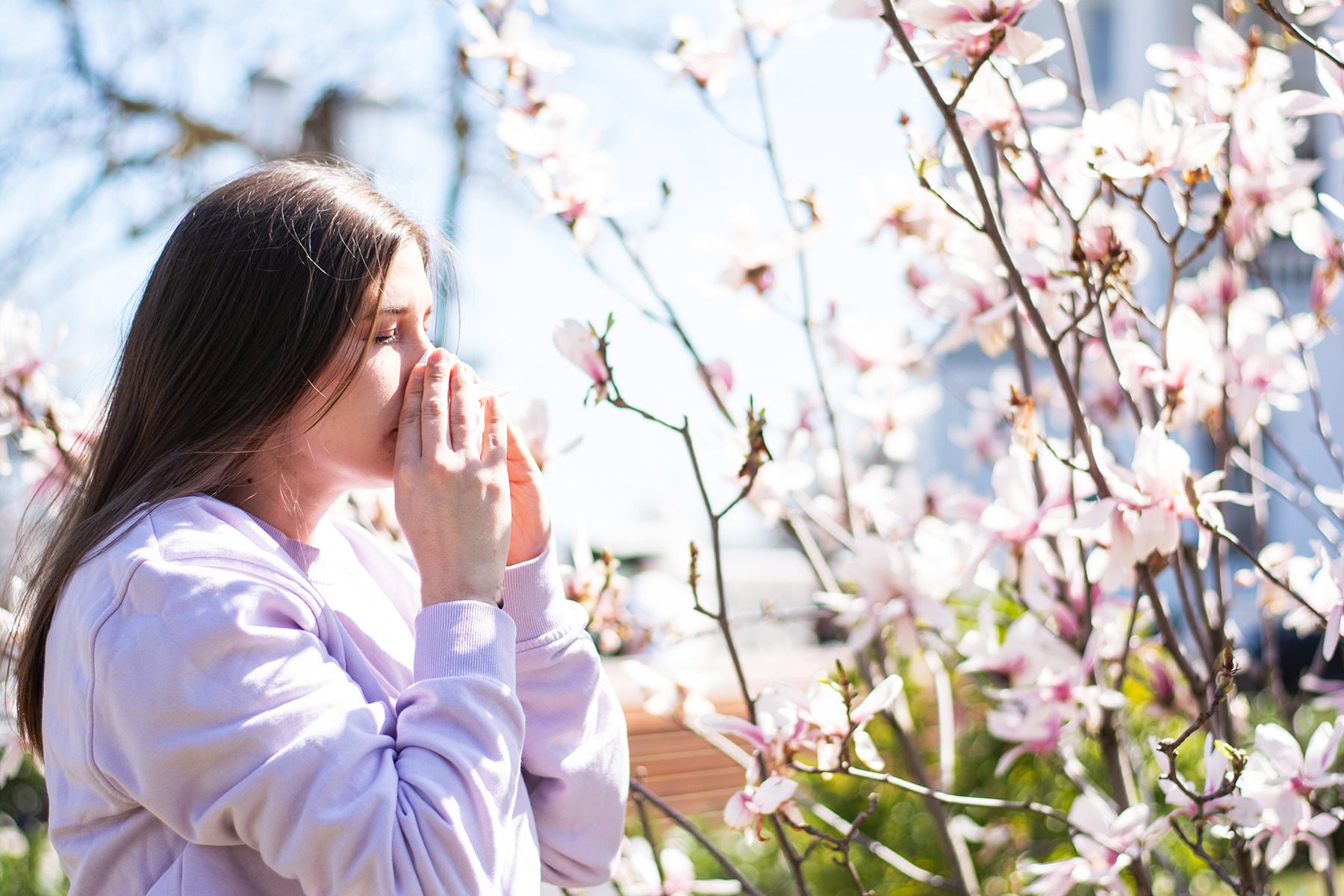
As summer approaches and the outdoors becomes more inviting, it’s important to stay aware of seasonal allergies and their impact on our wellbeing. Whether it’s hay fever, food allergies, or insect stings, being allergy-aware helps keep everyone safe — especially those with severe or life-threatening reactions.
Common seasonal allergies:
Hay Fever
Hay Fever (Allergic Rhinitis) is triggered by pollen from grass, trees, and weeds.
Symptoms can include:
- Sneezing, runny or blocked nose
- Itchy, watery eyes
- Fatigue or headaches
Tips to Stay Hay Fever-Free:
- Check pollen forecasts and try to stay indoors when counts are high.
- Shower and change clothes after being outdoors to remove pollen.
- Keep windows closed during high pollen times (early morning/evening).
- Use antihistamines or nasal sprays as recommended by your GP or pharmacist.
- Wear sunglasses to protect your eyes from pollen.
- Eye drops can help ease eye issues and are available from pharmacies
Insect stings and bites
For most, insect stings (like bees or wasps) are a painful nuisance. But for some, they can cause anaphylaxis, a life-threatening allergic reaction.
Top Tips:
- Avoid bright colours and strong scents when outdoors.
- Keep food and drinks covered when eating outside.
- Carry an adrenaline auto-injector (e.g., EpiPen) if prescribed – and make sure others know how to use it.
- Know the signs of an allergic reaction: swelling, hives, difficulty breathing, dizziness – and call 999 if these occur.
Food allergies
While not seasonal, cross-contact during outdoor picnics, BBQs or trips can be more common in summer.
Keep everyone safe:
- Always ask about allergies before sharing food.
- Label foods clearly during events or social gatherings.
- Make sure those with food allergies know where to access emergency medication.
- Avoid using the same utensils for different dishes, especially when dealing with allergens like nuts, dairy, or shellfish.
General tips for allergy awareness
- Have a plan: Make sure workplaces, education settings, and trips have allergy emergency plans in place.
- Keep environments clean: Dust and mould can worsen symptoms.
- Know your learners and colleagues: Be aware of who has allergies and what their care plans involve.
Safeguarding reminder
Allergies can affect attendance, concentration, and wellbeing. For those with severe allergies, daily life can feel frightening or isolating. Make time to:
- Check in with individuals and listen to their experiences.
- Offer reasonable adjustments where needed
- Report any concerns about unmanaged health needs to your safeguarding team.
Understanding grief and bereavement - supporting ourselves and others
Grief is a natural and deeply personal response to loss, and it can take many forms depending on the individual and the nature of their relationship with what—or who—has been lost. As part of our safeguarding commitment, it’s vital that we recognise the signs of grief and understand how to support those who may be experiencing bereavement, whether it's due to the death of a loved one, friend, or even a beloved pet.
What is grief?
 Grief is the emotional suffering we feel when someone or something we love is taken away. It can affect us physically, emotionally, mentally, and socially.
Grief is the emotional suffering we feel when someone or something we love is taken away. It can affect us physically, emotionally, mentally, and socially.
While death is the most recognised cause, grief can also stem from the loss of a job, a relationship, or a significant change in life circumstances.
Importantly, the death of a pet can be just as devastating. For many, pets are family, companions, and sources of comfort. Pet bereavement can cause intense feelings of sadness and loneliness and should never be dismissed or minimised.
Stages of grief
Although everyone experiences grief differently, many go through common stages—first described by Elisabeth Kübler-Ross—that can help us understand the process:
- Denial – Struggling to accept the reality of the loss.
- Anger – Frustration and helplessness may be directed at oneself, others, or the situation.
- Bargaining – “What if” thoughts and attempts to make sense of the loss.
- Depression – Deep sadness, fatigue, and withdrawal.
- Acceptance – Learning to live with the loss while still remembering and honouring what has been lost.
These stages aren’t linear—someone may go back and forth between them, or skip stages altogether. There is no “right” way to grieve.
Supporting ourselves and others
Grief can affect concentration, attendance, behaviour, and emotional well-being. In safeguarding contexts, we must be vigilant to changes that may signal a student or colleague is struggling with bereavement, especially if they don't openly talk about it.
Here’s how we can help:
- Listen without judgement – Simply being present and offering a safe space to talk can make a big difference.
- Avoid clichés – Phrases like "They're in a better place" or "At least they lived a long life" can feel dismissive. It's okay to say, "I'm so sorry you're going through this."
- Be patient – Grief doesn't have a time limit.
- Check in regularly – Don't assume someone is fine after a few weeks. Ongoing support is key.
- Acknowledge pet loss – Validate the grief and offer the same compassion as you would for human loss.
Support networks and resources
There are many professional and peer-led organisations that can support people through grief, including:
- Cruse Bereavement Support – Offers free support, resources, and helplines for anyone grieving.
- Child Bereavement UK – Supports children and families when a child dies or is bereaved.
- Blue Cross Pet Bereavement Support – Offers free, confidential pet bereavement counselling.
- Samaritans – 116 123 | A 24/7 helpline for anyone struggling emotionally, including through grief.
- Mind – Offers mental health support and information for those affected by loss.
Final thoughts
Grief is a part of life, but no one should have to navigate it alone. Whether someone has lost a grandparent, friend, or pet, their pain is real and deserving of care. As safeguarding professionals, colleagues, and friends, our role is to provide compassion, patience, and connection—sometimes, that’s the most powerful support of all.


